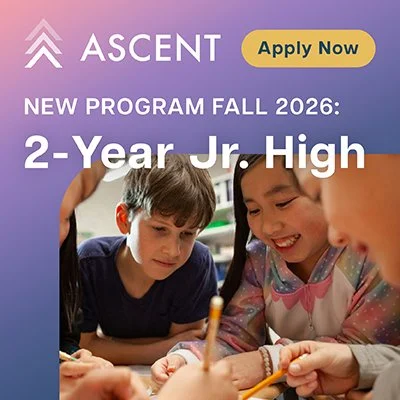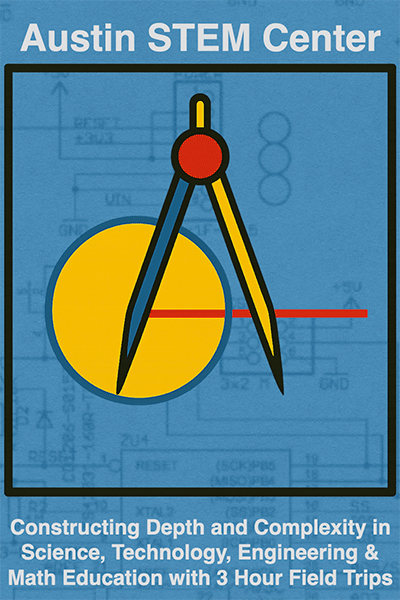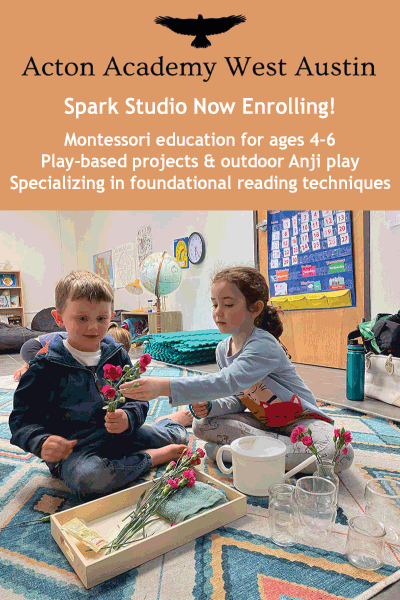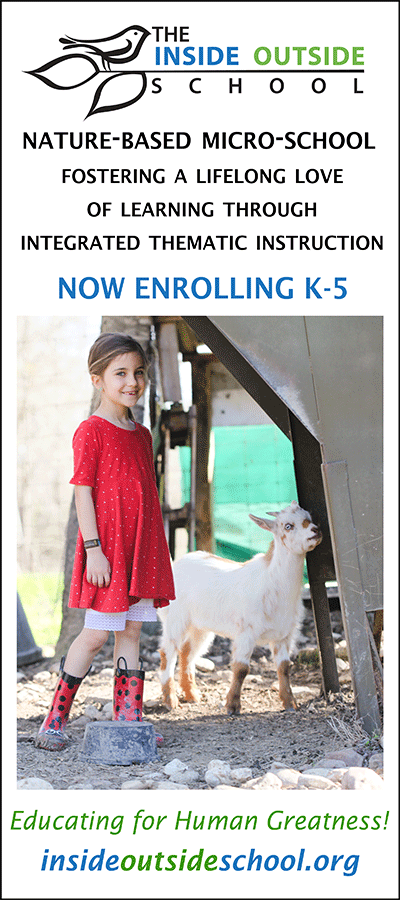Kimberly Schuchman, RPh, CWC, is a Registered Pharmacist and Certified Health and Wellness Coach. She has been working at her private practice, Strong Self Wellness Coaching, since 2014. Her mission is to support and empower parents to prioritize and practice regular self-care so that they feel strong and energized. She also provides educational/parenting support to families with special needs children. Before finding KoSchool in Austin, Kim spent nine years advocating extensively for her 2e son in public school. We’re pleased to welcome her to the blog to share some of the most important lessons she’s learned along the way. Kim may be reached through her Facebook business page or by email at kim@mystrongself.com.
Parenting. It’s the most difficult job many of us will experience in our lives, and one that we receive the least amount of formal training for. Even if you were to become a “certified parent” prior to your first day of parenting, you would still have much learning to do, as each child comes complete with their own set of unique strengths and challenges.
When a child has a diagnosis such as autism, ADD/ADHD, a learning difference (dyslexia, dyspraxia, dyscalculia), sensory processing disorder, health issues, or mental health issues, the parenting waters can become even murkier and more turbulent to navigate. Layer multiple diagnoses onto the same child, and it can feel like “man overboard”!
The good news is that parenting can also feel amazing, exciting, and downright miraculous. It is incredible what your children can inspire you to be, do, or have as a result of their mere existence.
The following are some pearls of wisdom that I’ve gained from my very own special needs parenting experience:
Take time every day to appreciate your child's strengths, no matter how difficult the day has been. Parents often feel a sense of urgency to “fix a problem” when they see their child suffering or struggling in some way. While there are many special needs related issues that may require additional outside help, that process can be all-consuming and deficit-focused. It is important to reconnect daily with your child’s positives, and remind your child of what those positives are. This will help your child develop self-efficacy beliefs.
Use humor, even during difficult moments, and laugh often. Despite our children sometimes embarrassing us with their behaviors, their shameless honesty can be downright funny. Life is too short to take everything so seriously. Laughter and humor can often diffuse a situation more quickly than anger and stern discipline. In addition, laughter reduces stress, elevates mood, and can even contribute to building a stronger immune system.
Build a support network. It takes a village to raise a child, and a city the size of Manhattan to raise a special needs child. Ask for help and support for yourself and your child often. Sources of support can include your spouse, professionals involved in your child’s care, support groups, family members, and friends. Don’t be afraid to share your story and learn from others with similar experiences to your own.
Connect your child with positive adult role models in areas of interest. You can't be everyone or everything to your child. It is especially important for children to have other adults, besides their parents, who can serve as their cheerleaders and mentors. Connecting your child to adults who share their interests can foster their innate desire to want to learn and grow, and help them envision their positive present and future.
Prioritize your concerns. Rome wasn't built in a day, and neither is your child. Children with special needs often have multiple areas in their development where they are struggling. Pick one or two important goals each year that you want to focus on with your child. Ask for their input, if they are able to give it. This approach is less overwhelming for both parent and child.
Give yourself permission and time for daily self-care. It is vital for us as parents and caregivers to take time out each day to recharge our own batteries. As they say on the airplane, “Place your own oxygen mask on first, before assisting others.” Even if it means letting go of other tasks that need to be completed, take 15–30 minutes (or longer if you can) to do something that is especially for you. Ideas for self-care can include meditation, reading a book for pleasure, taking a walk, running a warm bath, or calling a friend.
Practice self-compassion. In a nutshell, be your own best friend each and every day. Life is not perfect, and neither are you. Pat yourself on the back for what you did well and forgive yourself for what you would do differently the next time. Share these thoughts with your children. They will appreciate your honesty and understand that it is OK to make mistakes and learn from them.
Kimberly Schuchman















